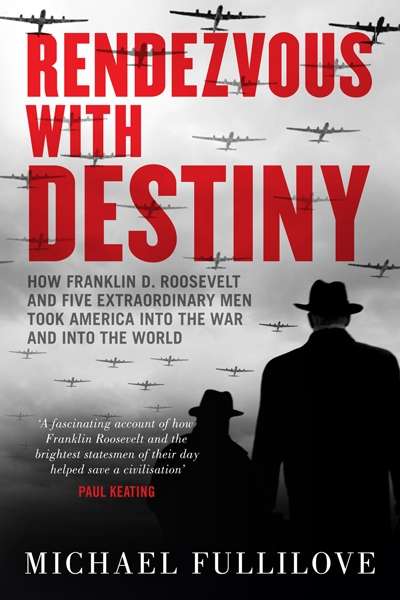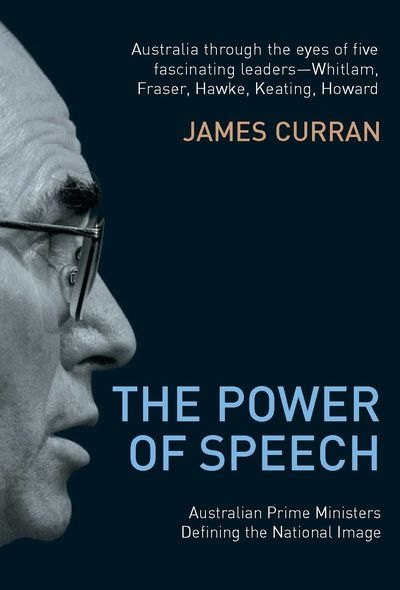There was no chaplain aboard the troopship Transylvania as it travelled across the Mediterranean Sea for France in 1916, so the sermon was left to Frank Bethune, a Tasmanian clergyman and private soldier. Bethune rose on the promenade deck and informed the soldiers that, god-fearing or not, they were righting a great wrong and were not heroes, but men. ‘What else do we wish except to go straight forward at the enemy?’ he asked. ‘With our dear ones far behind us and God above us, and our friends on each side of us and only the enemy in front of us – what more do we wish than that?’ Also aboard the ship was Australia’s official war correspondent, Charles Bean. After describing the effect of Bethune’s sermon on the soldiers, Bean delivered the ultimate praise: ‘[There] were tears in many men’s eyes when he finished – and that does not often happen with Australians … And that was because he had put his finger, just for one moment, straight on to the heart of the nation.’
...
(read more)




